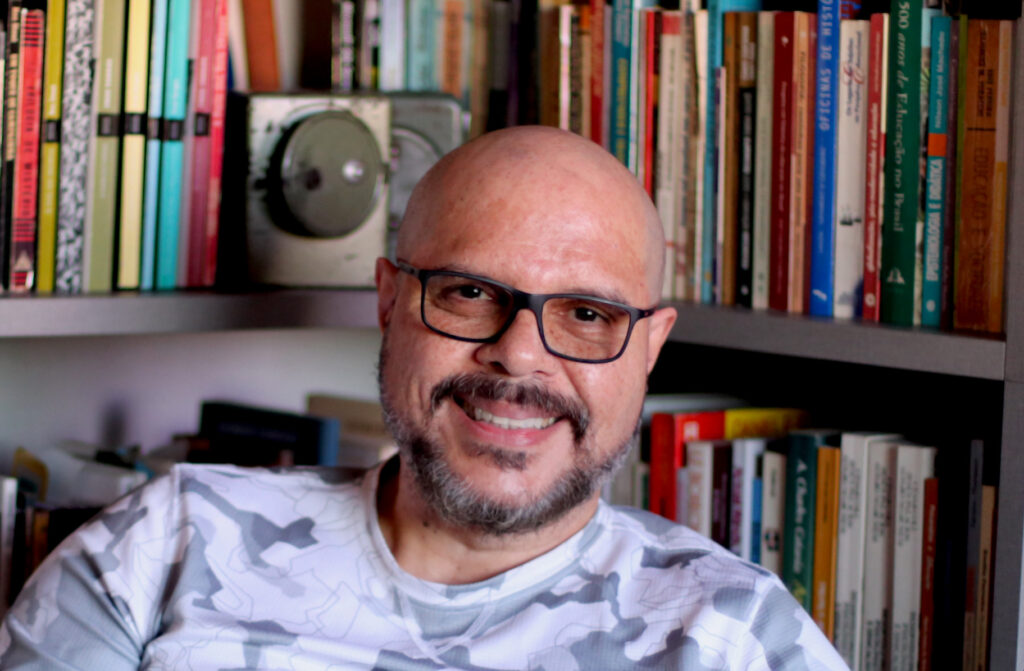
Full Professor of Applied Linguistics at the Department of Applied Studies for Teaching and at the Graduate Program of Education at UERJ (University of State Rio de Janeiro). Researcher and graduate students supervisor in the areas of education and theoretical-applied linguistics. Granted resaercher from CNPq (National Council for Scientific and Technological Development), Faperj Foundation and PROCIENCIA Program (UERJ/FAPERJ). At Cecierj Foundation (Rio de Janeiro State Science Center Foundation), conducts research on Distance Education in higher education. Leader of research group Language, Human Cognition and Educational Processes.
PhD in Applied Linguistics (1994) and Master in Portuguese Language (1984) from the Pontifical Catholic University of Rio de Janeiro (PUC-
Throughout a singular career, built as a teacher in basic education, professor at the university and high level researcher, Senna always defeated the myth of not being possible to coexist the school teacher, the academic professor and the researcher.
Spite of his collection of about 260 published papers, among books, papers and lectures, as well as almost 100 supervisions of PHd, Ms. and Graduate monographs, Senna keeps an intense routine of investigations, constantly renewed in research cycles whose series can be accessed at the site of research group Language, Cognition and Educational Processes. Averse to random researches, his cycles of studies reflect the same focal object: theoretic basis for the teacher as an agent of literacy and reading at Brazilian public schools. Some moments more focused on linguistic issues, another more on knowledge representation, his contribution to the area of literacy and reading takes as primary objects the real subjects of Brazilian society and the circumstances that, frequently, determine their exclusion or school failure.
Current objects of investigation involve mostly the structural properties of semiotic systems –













